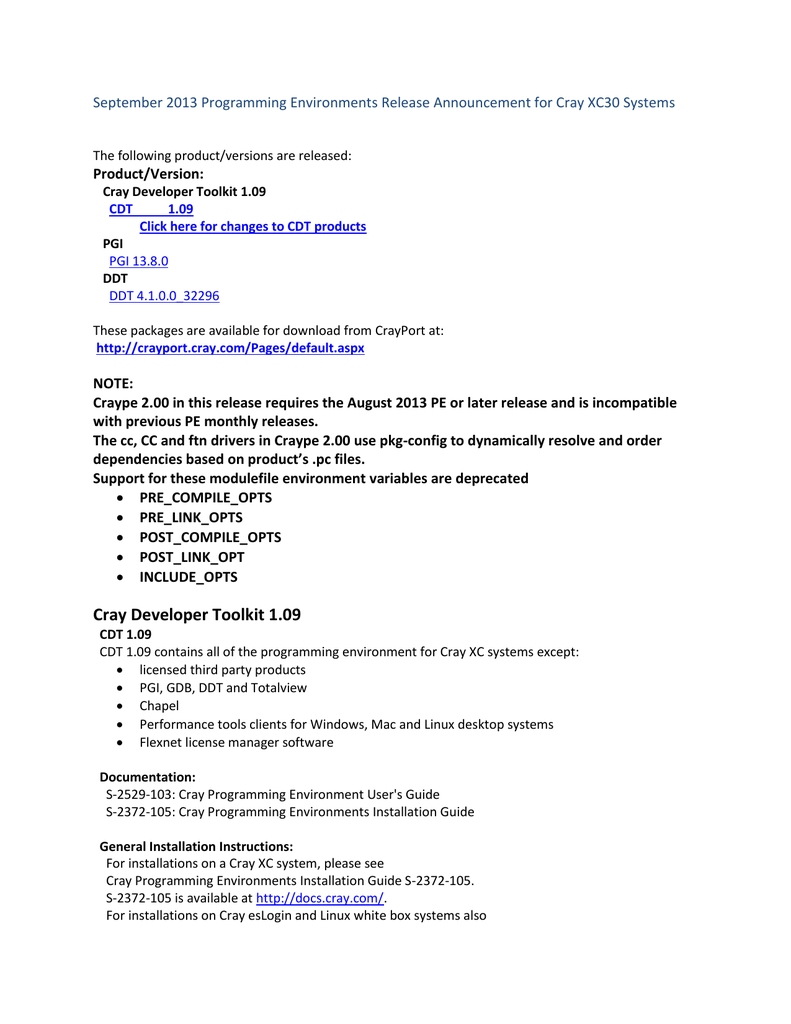If op is NaN, the result is undefined. Miscellaneous Functions , Up: This function is useful for testing functions and algorithms, since this kind of random numbers have proven to be more likely to trigger corner-case bugs. The returned int value is zero when the computed value is the exact value, and non-zero when this cannot be guaranteed, without giving the direction of the error as the other functions do. Miscellaneous Functions , Previous: Include instructions on how to run the test case. You must use this macro in the declaration section. 
| Uploader: | Fenrikinos |
| Date Added: | 22 August 2007 |
| File Size: | 39.81 Mb |
| Operating Systems: | Windows NT/2000/XP/2003/2003/7/8/10 MacOS 10/X |
| Downloads: | 2799 |
| Price: | Free* [*Free Regsitration Required] |
If the significand starts with 0b or 0Bbase 2 is assumed. What is not allowed is to try to prevent others from further sharing any version of this library that they might get from you.
The decimal point can be either the one defined by the current locale or the period the first one is accepted for consistency with the C standard and the practice, the second one is accepted to allow the programmer to provide MPFR numbers from strings in a way that does not depend on the current locale.
Index of /buildsources/m/mpfr/mpfr-2.3.2
In Debian, just run this two commands: Note also that no double rounding is performed; for instance, 4. In the case of an infinite result, it is considered as inexact when it was obtained by overflow, and exact otherwise. Conversion FunctionsUp: Unless documented otherwise, functions returning a 1 or any other value specified in this manual for special cases like acos 0 should return an overflow or an underflow if 1 is not representable in the current exponent range.
By using our site, you acknowledge that you have read and understand our Cookie Policy 2.32, Privacy Policyand our Terms of Service.
Index of /buildsources/m/mpfr/mpfr
Compare op1 and op2. If the argument base is 0, then the base is automatically detected as follows. Instead, initialize it before entering the loop, and clear it out after the loop has exited.
Set rop to the cubic root resp. If your bug report is good, we will do our best to help you to get a corrected version of the library; if the bug report is poor, we won't do anything about it aside of chiding you to send better bug reports.
Forum: MPFR 2.3.2 is released
Swap the values x and y efficiently. If op is NaN, some fixed NaN either quiet or signaling or the result of 0. Advanced FunctionsUp: Set rop to the maximum of op1 and op2.

The returned int value is zero when the computed value is the exact value, and non-zero when this cannot be guaranteed, without giving the direction of the error as the other functions do. Combined Initialization and Assignment FunctionsUp: Nothing has to be done to destroy the FP numbers except garbaging the used memory: Both op1 and op2 are considered to their full own precision, which may differ.
The ones that may affect the user are listed below. Some bug fixes are available on the MPFR 2. Set the value of rop from oprounded toward the given direction rnd ,pfr, then set resp.
Input and Output FunctionsPrevious: These paths are hard-wired into GCC and it works from there. If you need to distinguish two cases only, it is recommended to use the predicate functions e. Just increases the exponent by op2 when rop and op1 are identical. The usual ternary value mpdr returned.
If the input number is an ordinary number, the exponent is written through the pointer expptr the current minimal exponent for 0. When a result is zero, its sign is the product of the signs of the operands for types having no signed zero, it is considered positive. If the significand starts with 0x or 0Xbase 16 is assumed.

Compute the relative difference between op1 and op2 and store the result in rop. If op is zero, these functions return a zero, trying to preserve its sign, if possible. You can not change their precision.

No comments:
Post a Comment